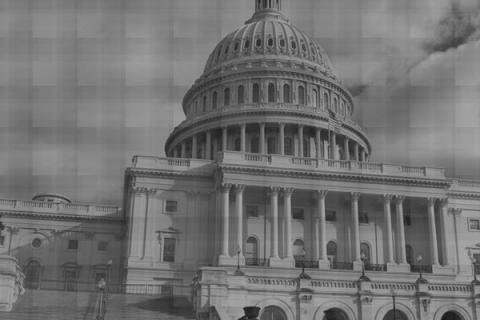To call author Michael Pollan an authority among “foodies” and “locavores” is a bit of an understatement. His books (such as The Omnivore's Dilemma: A Natural History of Four Meals and Food Rules: An Eater's Manual), act as white papers for food policy reformers as much as they stand on their own as informative works about agriculture in America. The staunch opponent of the current global-industrial food system was recently interviewed by Michael Dimock, president of the California-based food policy reform group, Roots of Change Fund. What follows are highlights of their dialogue.
When asked how California could benefit as a leader in the food reform movement, Pollan pointed to looming market conditions that will likely increase demand for the state's large output of fresh produce.
“So much of what the Good Food Movement is about is getting people to turn away from, essentially the products of processed corn and soy to real foods- to whole foods, which we call in the states specialty crops,” said Pollan.
Growing awareness of nutritional needs is reforming the American diet, he says.
“I think that that's one of the opportunities in all of this for California. We just happen to grow a lot of the stuff that people are now hearing they need to eat more of.”
However, a countervailing force exists within the movement to localize the production and consumption of specialty crops. On a national level, this would mean a decreased dependence on California for fruits and vegetables in the long run. According to Pollan, this is a necessary sacrifice to renew our food system:
“...One of the things I think California has to be willing to give up in this national discussion is their insistence that people growing corn and soy not grow specialty crops. Because right now, you know, there are corn and bean farmers in the Midwest who would really like to put in a couple rows of tomatoes. Or...sell into a fresh food market there and they're prohibited from doing that under current rules. So I think that that's something if we really are concerned about the public welfare, we have to take another look at.”
As far as reforming incentives so farmers rely less on federal subsidies, California definitely leads the way. But the golden state can't provide model policy in all areas. Each state and each growing region offers different climate and market challenges which will demand flexibility from national policymakers and more autonomy for states to set their own, unique rules. In this regard, Pollan says that California will have to find a balance between policies that are relevant to the rest of the country and ones that are specific to strengthening its own food independence.
The most intriquiging part of the interview came when the author identified the country's public health crisis as the main factor driving food policy reform, predicting that health insurers will soon figure out that “they have a very strong interest in the American diet and that a strong interest in the American diet means a strong interest in American agriculture.” This could very well lead to policy decisions at the local and national level that influence the way Americans eat as well as “make good choices more possible in the supermarket,” he says.
“I don't think the food movement has ever had such a powerful ally as they're about to get. So I see enormous hope there. It was no accident that the very first hearing that the House held on the farm bill in Washington was about agricultural policy and health. That's a new conversation and I think that that could drive some very positive changes.”
The full interview is available here.

